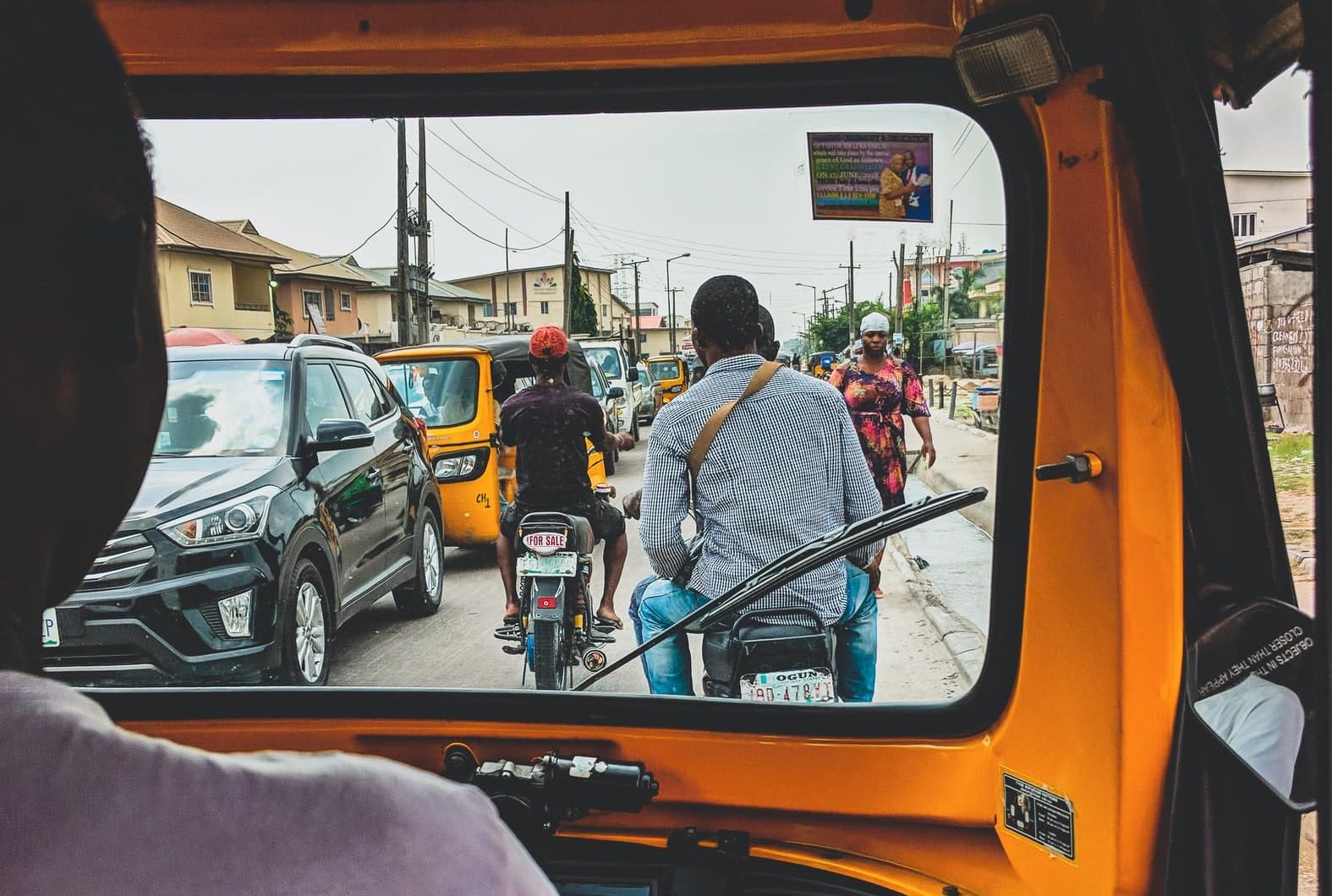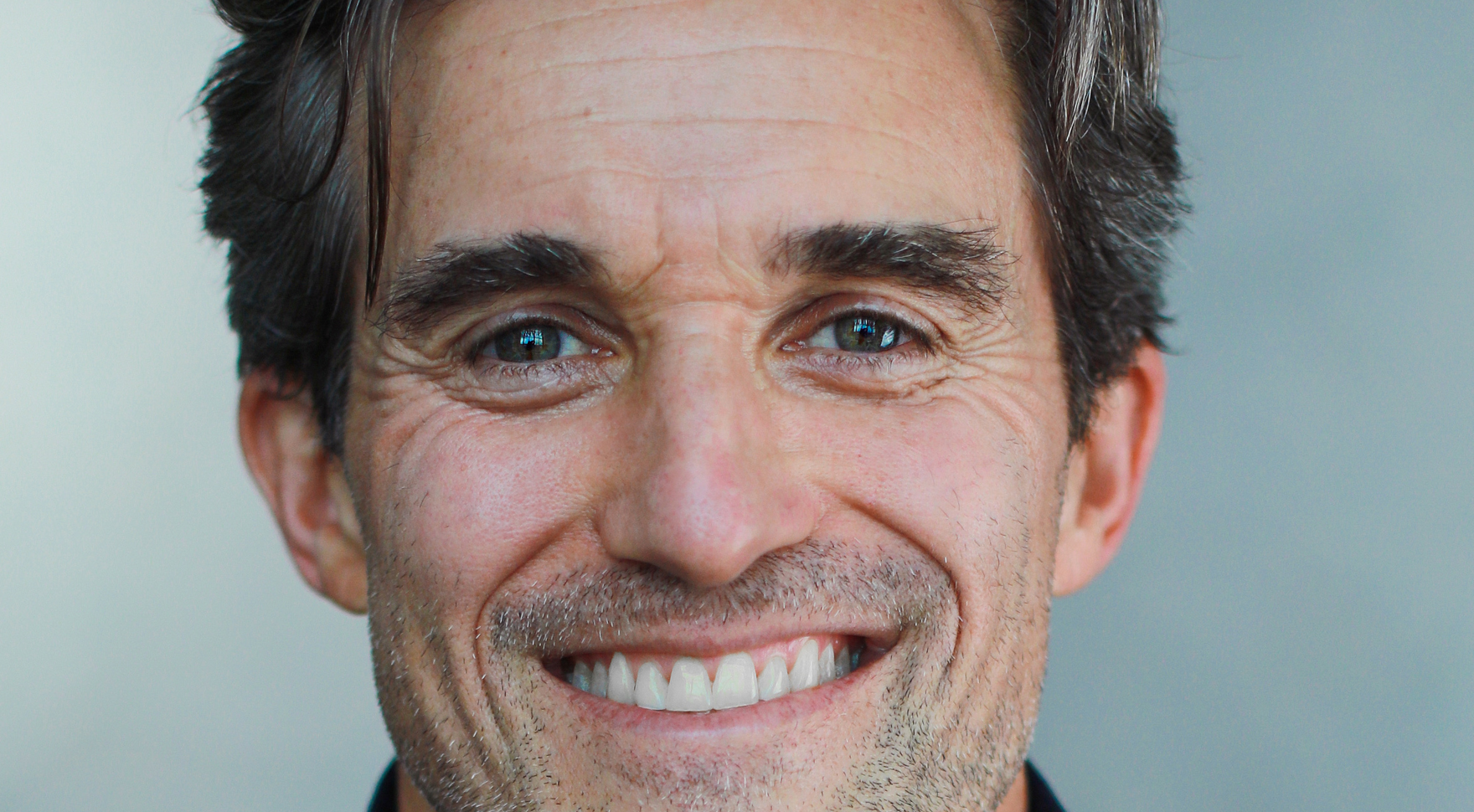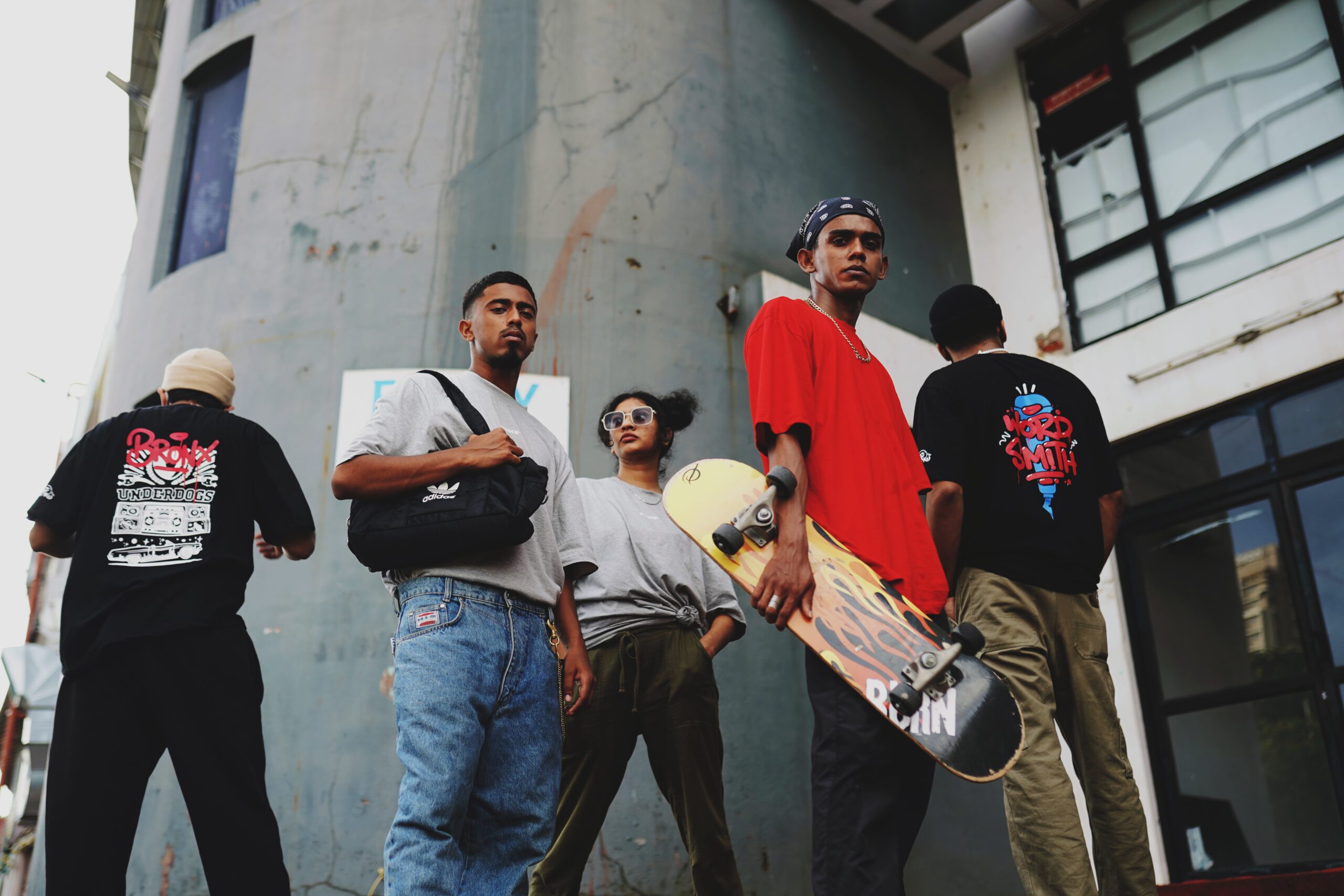
Culture and community in Nigeria
03rd Aug 2019
Have you heard of the Naija spirit in Nigeria?
If the answer is no and you are looking to work with the Nigerian market, then this White Paper is a must. With the largest economy in Africa, this country has a strong, diverse and influential culture across the continent. Community, collectivity, Naija and cultural diversity are some of the few buzzwords that qualify this fascinating marketplace. Read more in our White Paper.
It goes without saying that Nigeria is a country facing immense challenges. The CIA estimates that around 62 percent of the population still live in extreme poverty and the WHO puts the average life expectancy for a baby boy born in 2016 at just 55. The extent of the political tension within the country was underscored in February 2019 when the national elections had to be postponed for a week at the last minute, with both sides blaming each other for the delay. And, of course, we cannot overlook the terrorist group Boko Haram, which has wrought havoc in the north-east of the country in recent years.
And yet, despite these challenges, it is easy to see why a company would – and arguably should – consider the country as a target market. For a start, it is the most populous country in Africa, the seventh most populous country in the world and home to the world’s tenth largest labour force. If current trends continue, the population of Nigeria will surpass that of the United States to rank fourth in the world by 2050.
Despite still being officially classified as an emerging market, the country experienced impressive average GDP growth of 5.7 percent per annum from 2006 to 2016 and is now bouncing back after recession struck in 2016. These mixed fortunes underscore Nigeria’s dependence on oil revenues, although this is something that President Buhari is committed to tackling. The country is also a predominantly young country where the average age is just 18.
As the millennial generation matures, contributes to the economy and enters the country’s burgeoning middle class, the opportunities for business are self-evident. To cite just one example, commodity manufacturer Dangote Industries, based in Nigeria, achieved annual revenue of over $4 billion in 2017 and secured its founder’s spot as the richest person in Africa and the world’s richest black man. Foreign companies may be eager to replicate this home- grown success story, but they will find that doing so is no mean feat.
As one would expect for a country of its size, Nigeria’s demographic and consumer landscape is incredibly complex. In some ways, it may be more accurate to think of Nigeria as a patchwork of nations rather than just one.
The country is split into a number of ethnic groups, the largest of which are the Hausa, Igbo, Yoruba, Fulani and Tiv peoples. Cultural differences between these groups matter, as does the fact that Nigeria is one of the most linguistically diverse countries in the world. English may be the country’s official language, but it is estimated that around 500 languages are spoken every day by Nigerians.
It is also important to consider the disparities of wealth that exist across the country and the different life experiences and expectations these differences represent. As in any market, the brands that do best in Nigeria are those that tailor their messaging to their target consumers and truly tap into the cultural zeitgeist.
In this White Paper, we will take a closer look at two key characteristics of the Nigerian consumer landscape: Naija spirit and the importance of collective identity. These are two of the major cultural touchstones we believe that brands should consider – whether they are entering the market for the first time or launching the latest in a string of campaigns. We will also showcase a few examples of brands that got it right.
Read the Whitepaper
Read WhitepaperAlways be in the know.
Sign up to our weekly insights and maximise your competitive advantage



